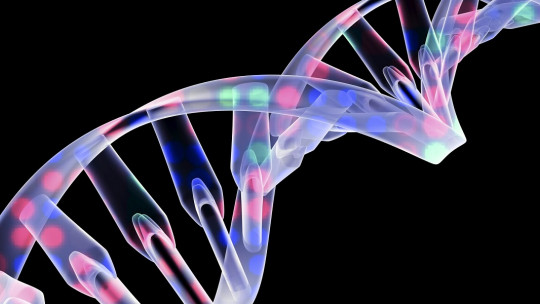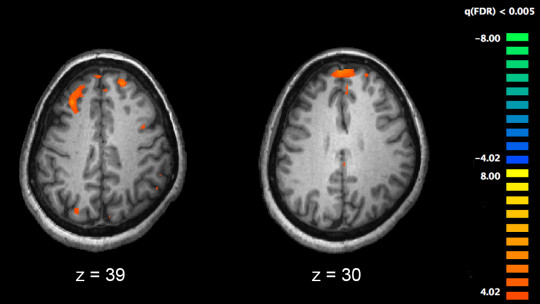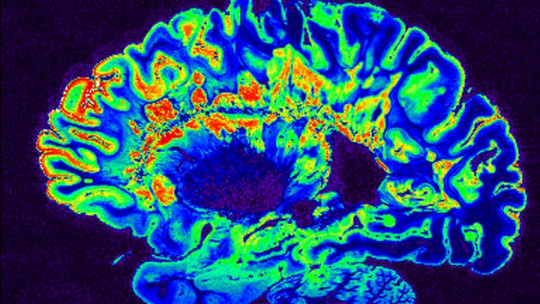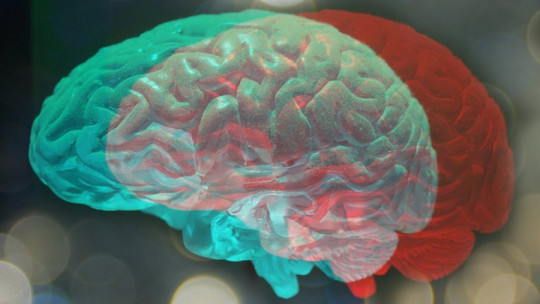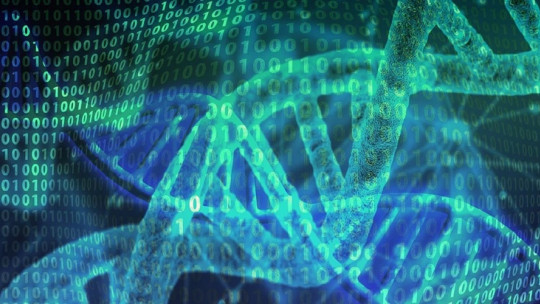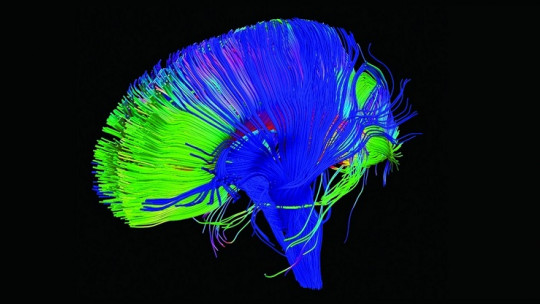
We often talk about the actions, style of behavior, and way of interacting with people of people who could be described as psychopaths. Despite that, there is one question that is even more disturbing than all these topics: what are psychopaths like behind closed doors? What are the peculiarities of your own body that make you predisposed to psychopathy?
Trying to answer these questions is, ultimately, address research on the biological bases of psychopathy
Let’s start, then, by talking about what we know about its genetic characteristics.
Genetic findings on psychopathy
The greatest evidence in favor of genetics usually comes from studies of twins and adoptions. According to these studies, the heritability of antisocial behavior in children or adolescents It is estimated at 30-44%
In adult criminal subjects, there is a concordance of 69% for monozygotic twins (same egg, therefore almost identical genetic load) and 0.33% for dizygotic twins (two eggs), which gives conclusive evidence that there is a weight of genetics in criminal behavior over environment. Numerous studies support these results.
It has also been shown that the Y chromosome would be involved in aggressiveness, thus being attributed to greater aggressiveness in men than in women, in general.
The MAO-A gene
He MAO-A gene is up to date, the only clear example of how a specific mutation
can alter behavior. This altered gene was found in people suffering from a psychopathic disorder and, in addition, in children abused as children.
In other words, alteration of this gene predisposes to violent behavior. On the contrary, People who have high concentrations of this gene from birth are less likely to develop antisocial problems
The interesting thing about this finding is that it could help explain why not all victims of abuse grow up to do the same to other people, for example.
Neuroanatomical findings
At the end of the 90s, a study was carried out in which the brain activity of 41 normal subjects and 41 murderers was compared. It was found that criminals had less activity in the prefrontal region (the human region par excellence), which would translate into:

Neurochemical findings
Numerous experiments have shown the crucial role of serotonin as a modulator of aggressive behavior, the relationship being the following: The less serotonin, the more aggressive behavior will be reinforced Therefore, it would be easy to conclude that people who suffer from this disorder could have altered serotonergic pathways.
In the same way that norepinephrine, dopamine, GABA and nitric oxide would be involved in impulsive and violent behaviors, although with less relevance.
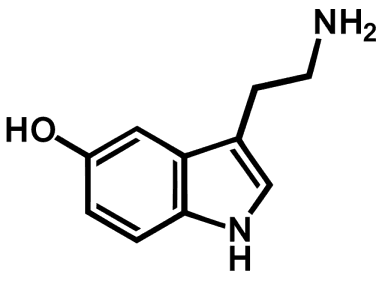
Neuroendocrine findings
In the hormonal field, the ones we have the most conclusive evidence for are insulin and testosterone. Certain studies show that if we have a low level of glucose, and therefore insulin, in our blood, we are more predisposed to violent and impulsive behaviors.
In the case of testosterone, we have multiple studies comparing criminals and healthy people, where they demonstrate that the amount of free testosterone in the blood is increased in the first Furthermore, various research indicates that women with higher testosterone are more sexually active, competitive, masculine, and alcohol consumers compared to women with low levels of testosterone.
Psychophysiological findings
Cleckley (1976) proposed that psychopaths might have the ability to understand the literal (denotative) meaning of language, but not its emotional (connotative) meaning. They would, therefore, have an emotional deficit
Psychopaths would also have altered emotional reactivity since, compared to normal people, in situations where they should feel anxiety and fear, they do not.
Likewise, they also present an absence of the startle reaction when exposed to visually unpleasant content, and very high-pitched and strident beeps.
Based on all this data, It was proposed that psychopaths have a weak brain inhibitory system, and a strong activation system. This would explain his impulsiveness and his lack of ability to think about future consequences.
In conclusion…
Antisocial personality disorder is characterized by its lack of empathy and remorse for the violation of other people’s rights and social norms, high impulsivity and aggressiveness… They are subjects who will do whatever is necessary, regardless of the consequences, to achieve their purposes and personal benefits.
But is a psychopath made or born? The answer is… a combination of both options A marginal environment, where the person is born neglected, with violence, abuse, abandonment… has a crucial influence. However, it has been shown by numerous studies that there is more genetic weight.
We would obtain clear proof of this through the question… why are there people who, when faced with abuse, become abusive people, while others do not? This answer would be given by the amount of mao-A gene that person has a base. This could also respond to many other situations in which there are people who succumb to the situation and commit violent acts, while others refuse to do so.
We conclude then, a clear and evident biological brain role in antisocial personality disorder and a genetic-environment interaction (with more genetic relevance).

